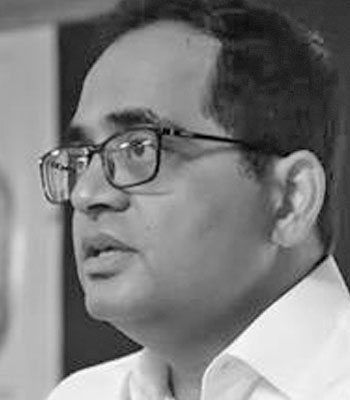 |
MARCH 10-12, 2026 | RALEIGH, NC |
 |
MARCH 10-12, 2026 | RALEIGH, NC |
Medical devices include instruments, apparatus, implants, machines, tools, and reagents to diagnose, treat, prevent, cure, or mitigate a disease or medical condition. Biomaterials inherently play a key role in the function of medical devices, and take the form of polymers, metals, and/or ceramics. Presentations in this session focus on medical devices and/or associated biomaterials that interface with the human body to repair or replace function. Medical devices that interface with the human body may include wearable, injectable, ingestible, implantable, and externally contacting devices, or those that contact directly fluids or blood products that ultimately contact a patient. All aspects of biomaterials investigation, active and passive medical devices, and translation and regulation efforts are encouraged.
Medical devices focused exclusively on pharmaceutics, biologics, or living cells may be better suited for the Drug Delivery symposium.
Please first review the information for authors — abstract submission guidelines.

Biomaterials for Stopping Bleeding and for Closing Wounds Without Sutures
Professor,University of Maryland

Lab on a pill for spatially targeted sampling and sensing of gut microbiome
Professor,Tufts University

Translating Resorbable Polymer Technologies into Functional Implants
Principal Research Fellow,Evonik

Epidermal Electronics for Non-Invasive, Real-Time Health Monitoring
Assistant Professor,Duke University
2025 SPONSORS & PARTNERS

2025 SBIR/STTR AGENCY PARTNERS

About
Committees
Media
Venue and Lodging
Co-Located Events
Terms and Conditions
Visas and Invitational Letters
Instructions For Technical Presenters
Contact
Submit An Abstract
Enter An Innovation Challenge
Sectors
Technical Symposia
Student Programs
SBIR/STTR Innovator Training Workshop
Speakers
2025 Program
© Copyright 2025 TechConnect. All Rights Reserved. Disclaimer | Privacy Policy | Terms of Use